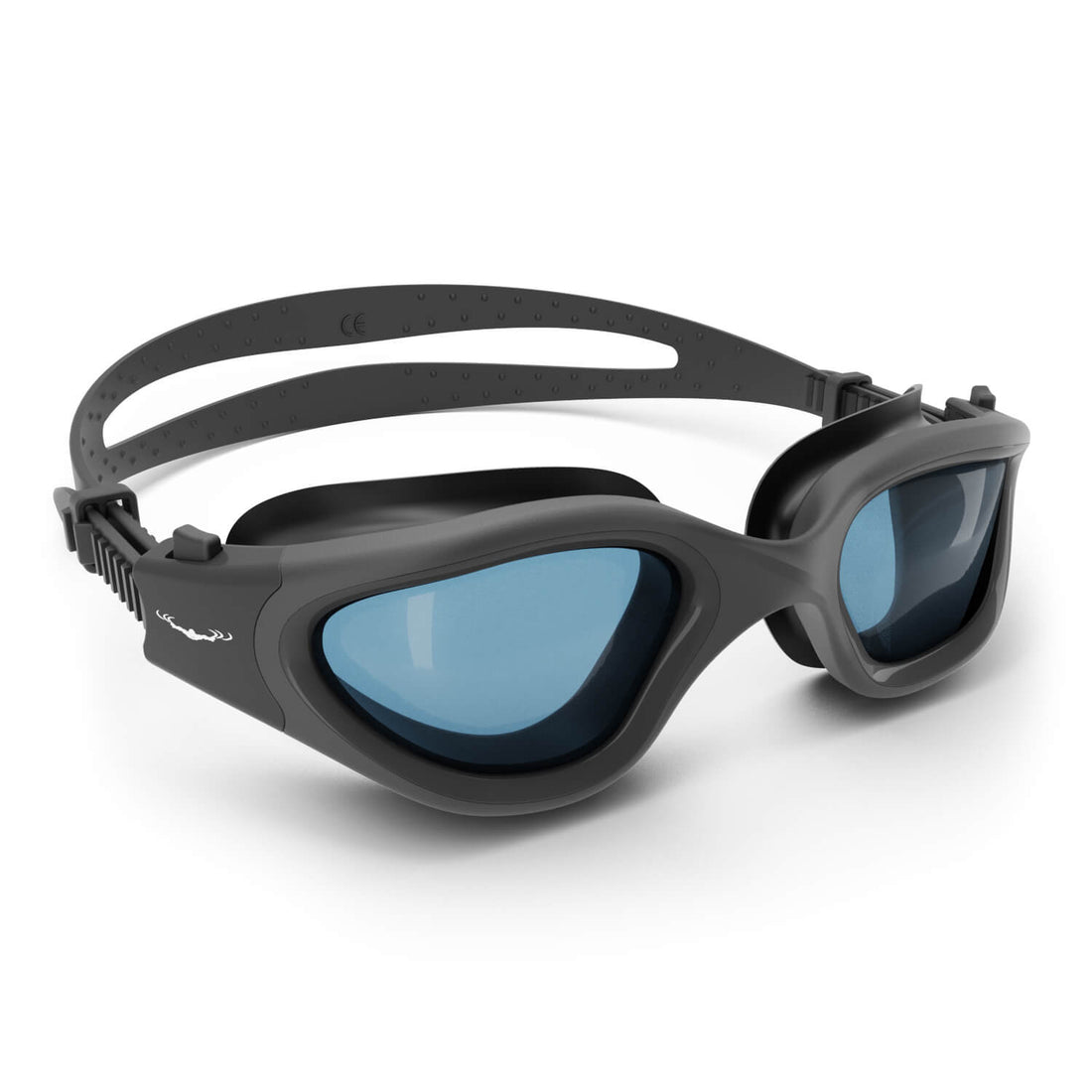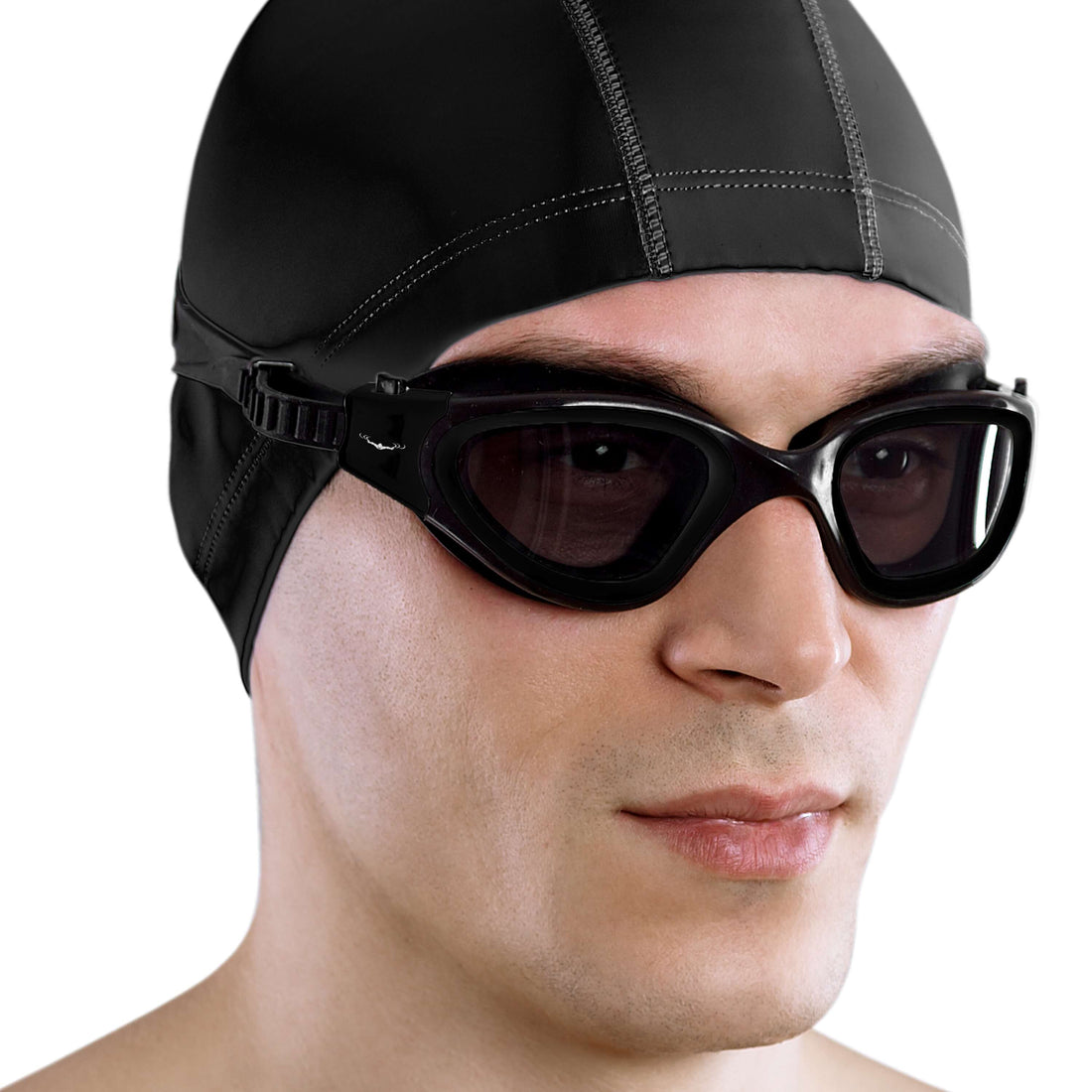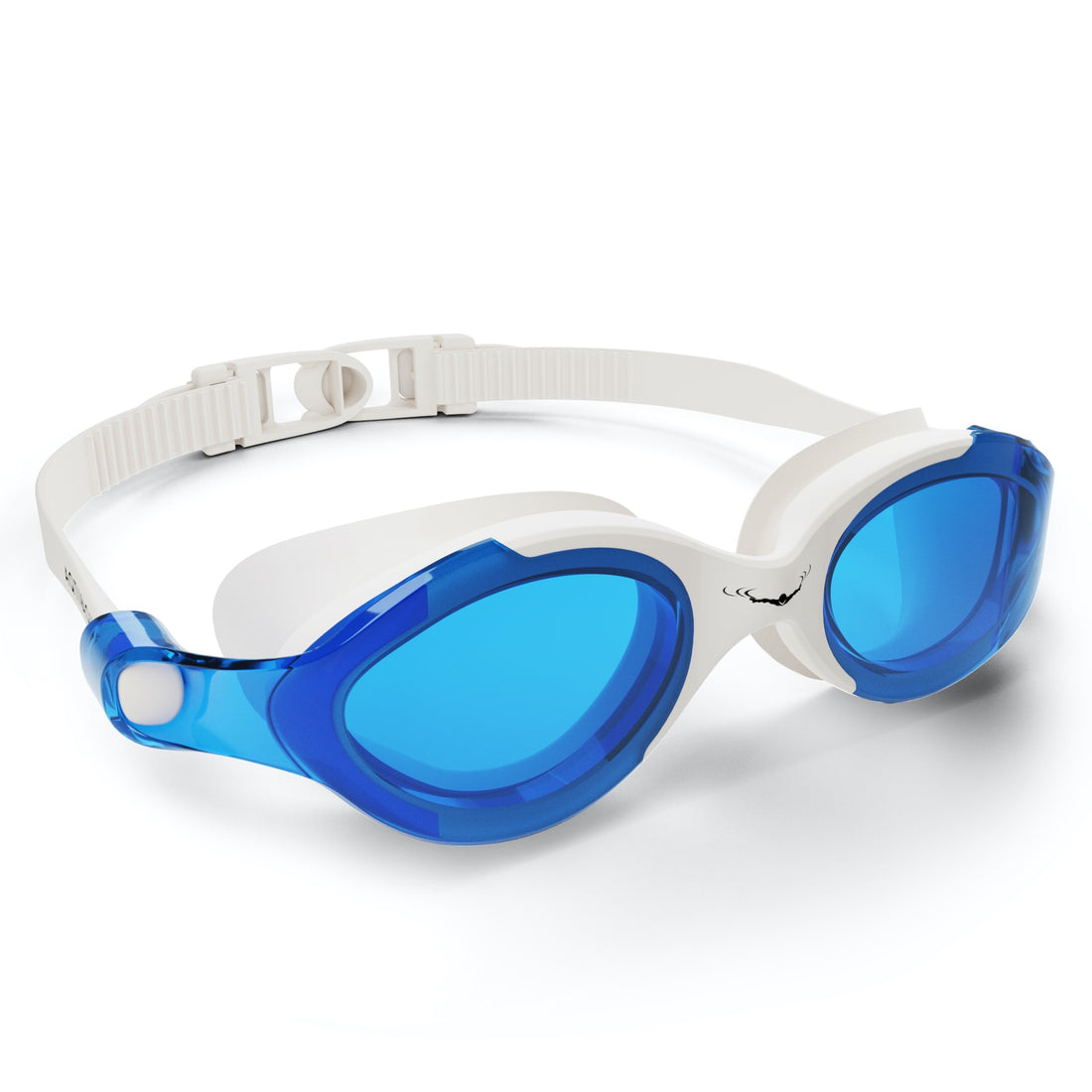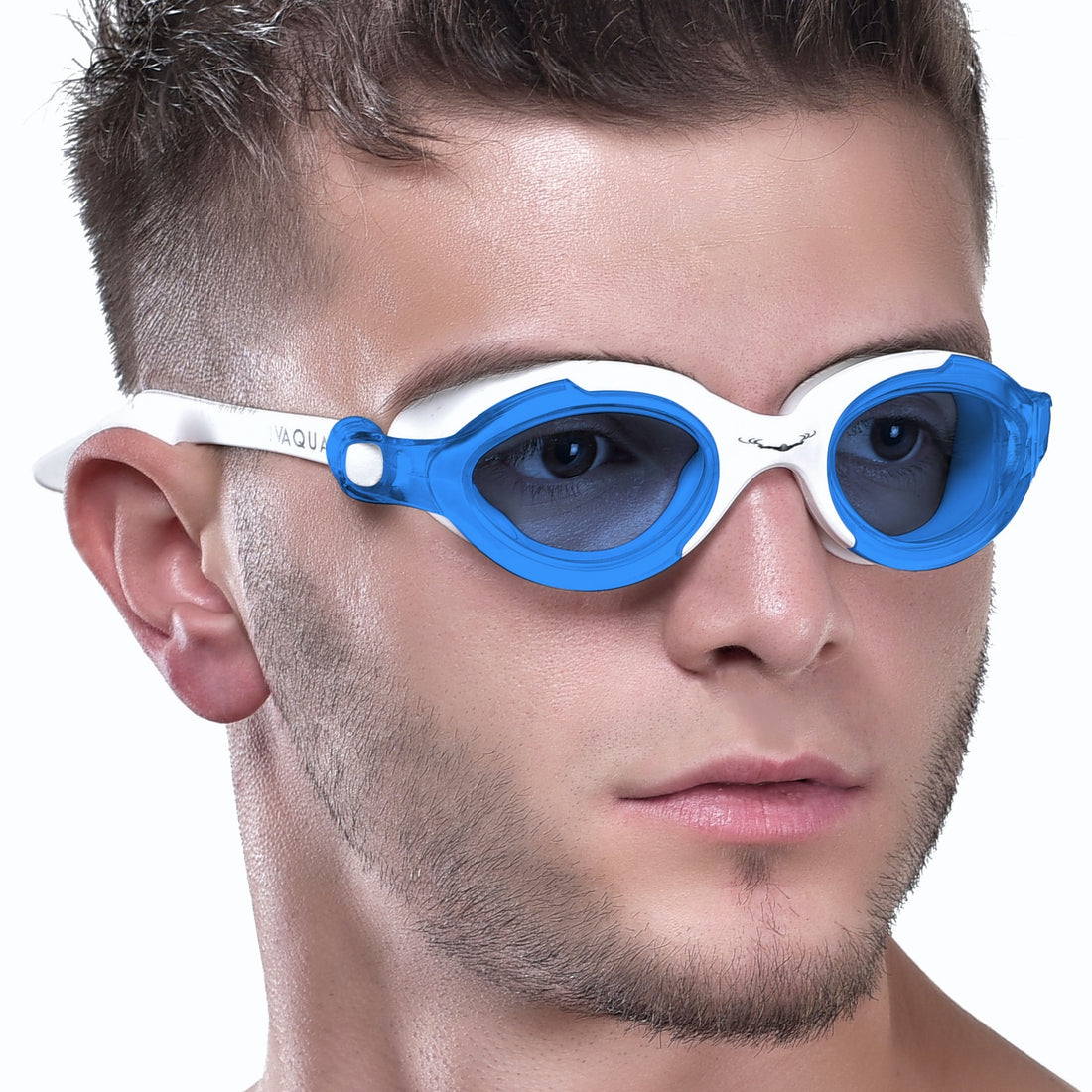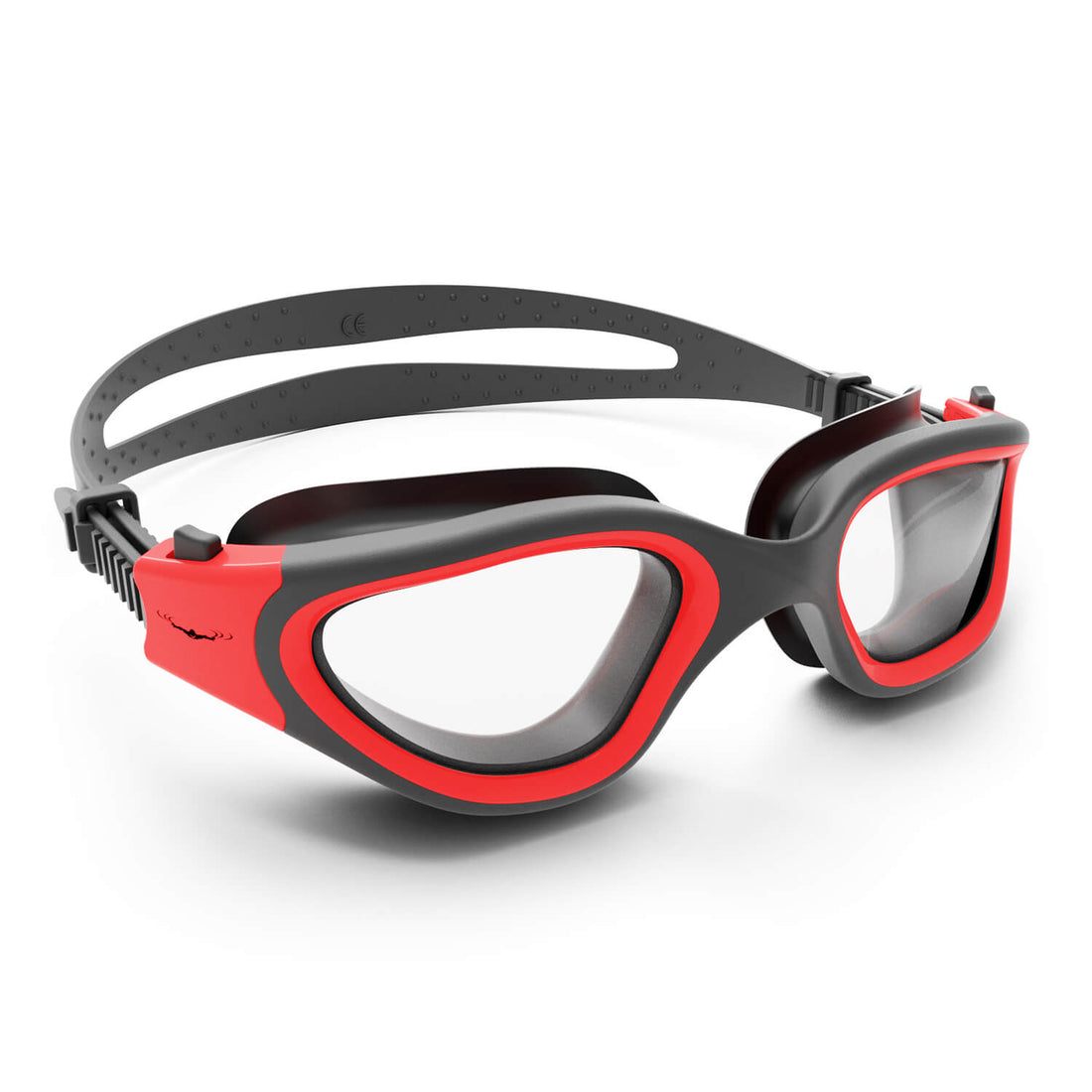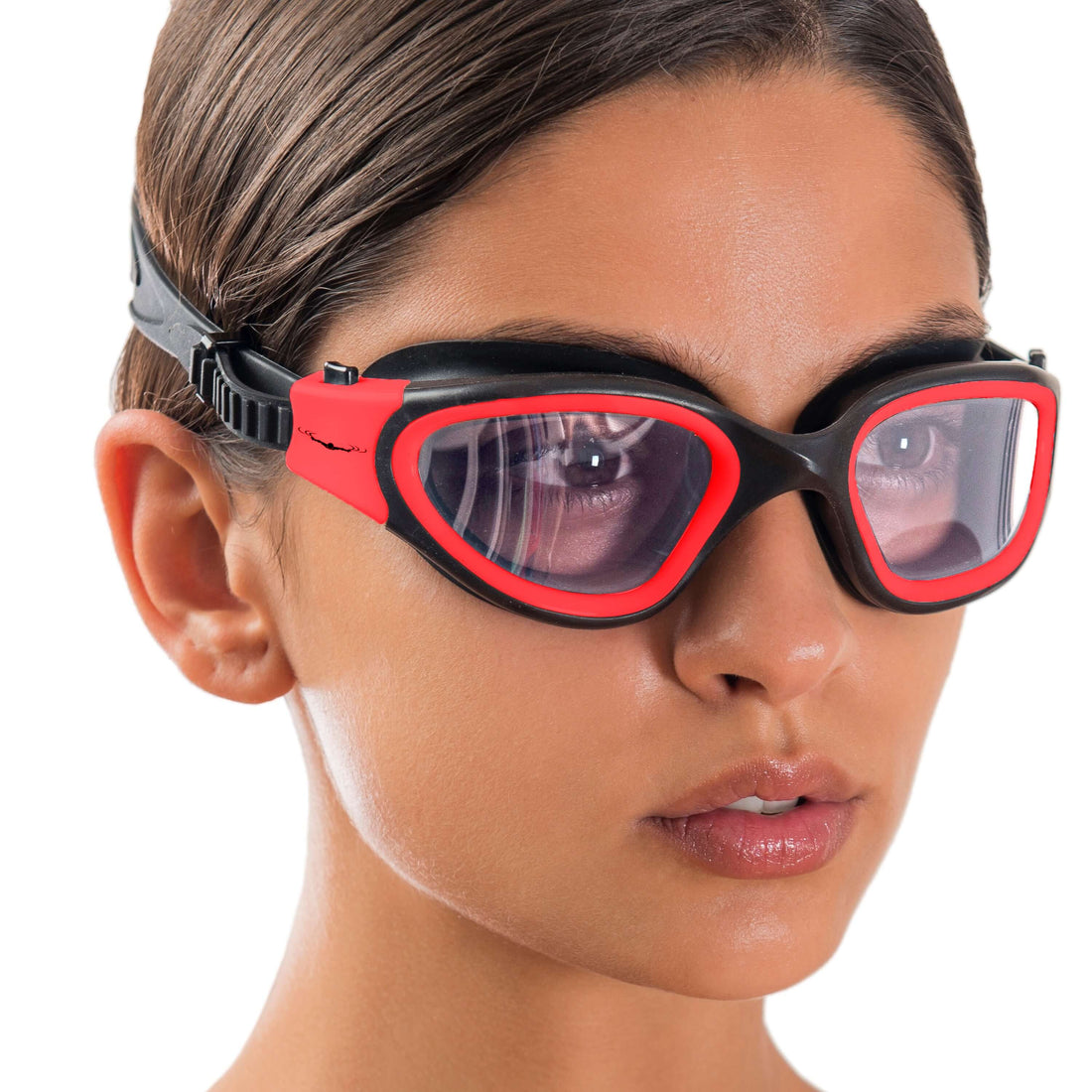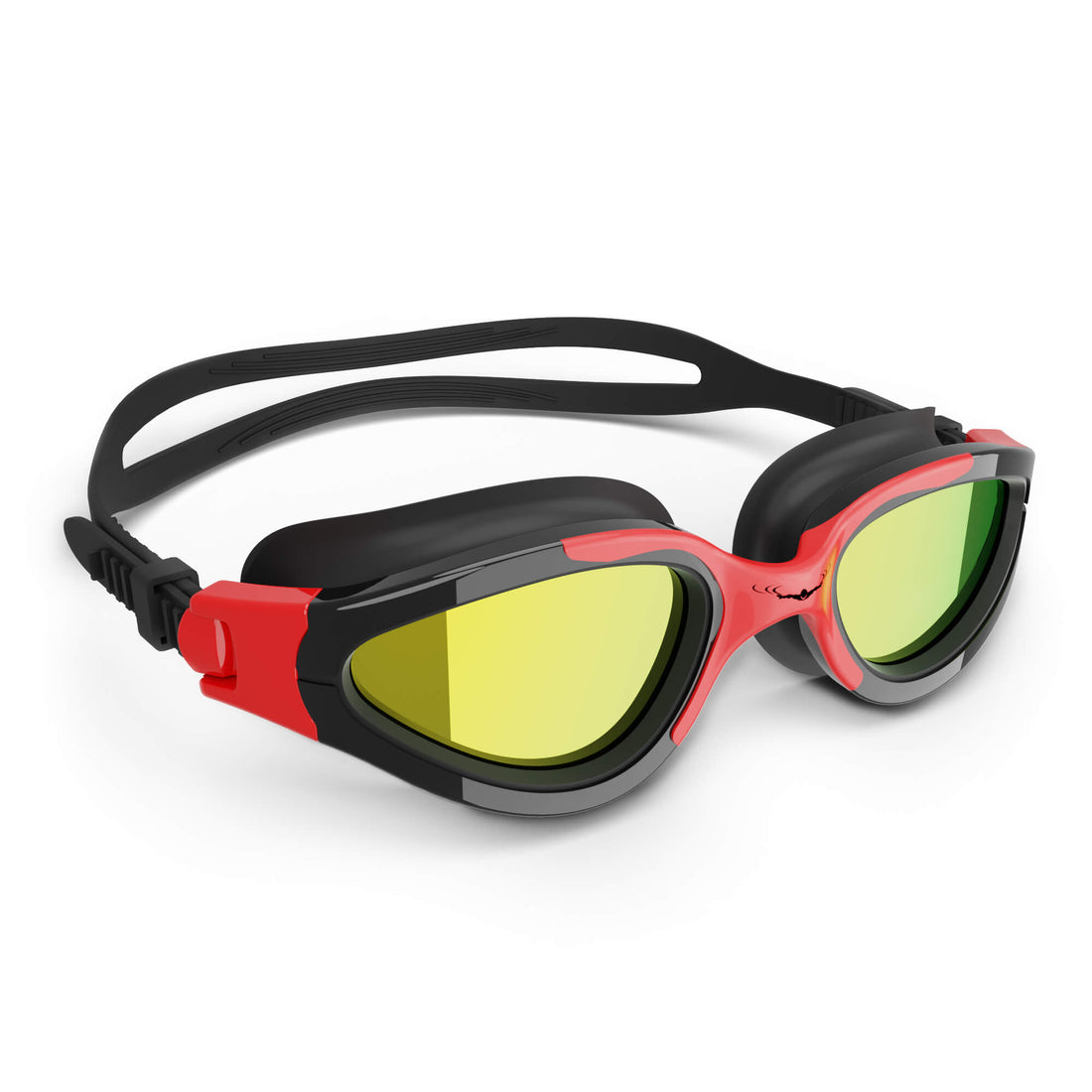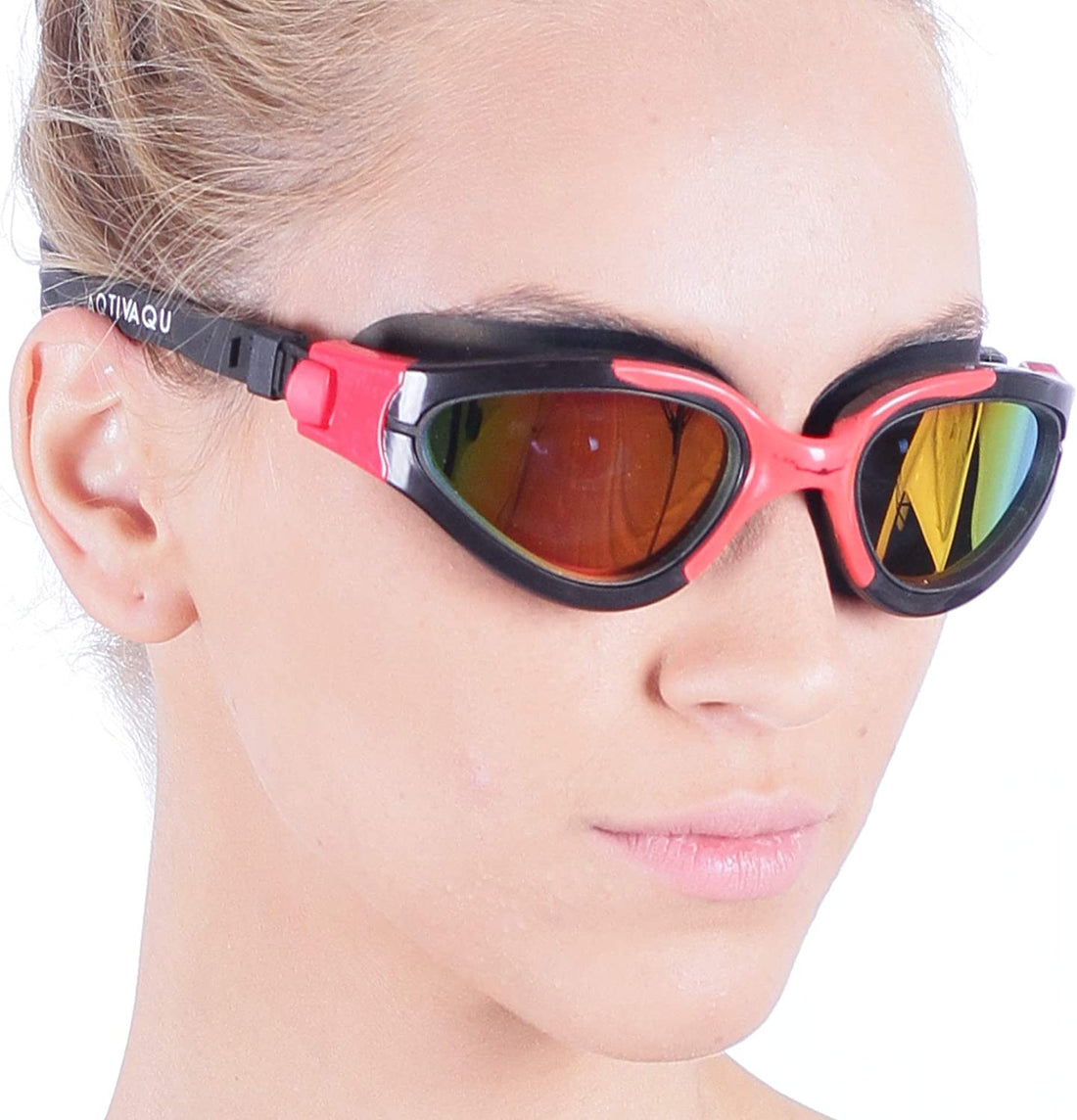Overview
- **Essential Nutrients**: Carbohydrates for energy, proteins for muscle repair, and healthy fats for overall health.
- **Hydration**: Drink water before, during, and after swimming; consider electrolytes during intense sessions.
- **Meal Timing**: Eat a balanced meal 2-3 hours before swimming and replenish with carbs and protein within an hour post-workout.
- **Special Considerations**: Monitor caloric intake and consider supplements like omega-3s and vitamin D if needed.
Frequently Asked Questions
1. Why is nutrition important for swimmers?
2. What are the essential nutrients that swimmers need?
3. How much hydration do swimmers need?
4. What is the significance of meal timing for swimmers?
5. Should swimmers consider supplements?
Swimming is a physically demanding sport that requires not only rigorous training but also a proper diet to ensure your body functions optimally in the water. Whether you are a competitive swimmer or simply enjoy swimming laps for fitness, understanding how to fuel your body is crucial. This guide will provide you with essential nutrition tips to enhance your swimming performance, recovery, and overall health. From hydration to meal timing and the benefits of specific nutrients, get ready to dive into the world of nutrition for swimmers!
The Importance of Nutrition in Swimming
A swimmer's body endures significant strain during practice and competitions. Nutrition plays a vital role in:
- Boosting energy levels
- Enhancing endurance
- Improving recovery times
- Supporting muscle growth and repair
Proper nutrition can make all the difference between an average performance and a standout swim. Keeping your body well-fueled with the right foods not only improves your energy when you're in the pool but also helps in quicker recovery and minimizes the risk of injuries.
Essential Nutrients for Swimmers
Carbohydrates: The Primary Fuel Source
Carbohydrates are crucial for swimmers as they provide the primary source of energy during training and competition. It’s essential to include a healthy balance of complex carbohydrates in your diet to maintain your energy levels. Foods rich in carbs include:
- Whole grain pasta and bread
- Brown rice and quinoa
- Fruits such as bananas and berries
- Vegetables like sweet potatoes and leafy greens
Swimmers should aim to consume about 55-65% of their total daily calories from carbohydrates. This can help maintain glycogen stores that fuel your swim sessions, especially when you’re wearing gear like a neoprene swimming headband to assist in temperature regulation and streamline your strokes.
Proteins: Repair and Recovery
Protein is vital for muscle repair and growth, especially for swimmers who engage in rigorous training. Including high-quality protein sources in your meals helps support muscle recovery and increases performance potential. Ideal protein sources include:
- Lean meats, such as chicken and turkey
- Fish, especially fatty fish like salmon for omega-3 fatty acids
- Eggs and dairy products like Greek yogurt
- Plant-based sources like lentils and chickpeas
Aiming for 1.2 to 1.7 grams of protein per kilogram of body weight daily can aid in recovery and help swimmers build lean muscle mass.
Healthy Fats: The Energy Source
Fats are also an essential part of a swimmer's diet as they provide a concentrated source of energy. Incorporate healthy fats into your meals to support overall health and performance. Good sources of healthy fats include:
- Avocados
- Nuts and seeds
- Olive oil and other plant-based oils
- Nut butters
Healthy fats can help reduce inflammation and assist in the absorption of fat-soluble vitamins, which are essential for overall well-being.
Hydration: The Key to Performance
Hydration is paramount for swimmers. Being in water can sometimes trick us into forgetting the importance of staying hydrated. However, dehydration can lead to decreased performance and increased fatigue.
Understanding Your Hydration Needs
As a rule of thumb, swimmers should drink water before, during, and after their swim sessions. The amount can vary based on factors like duration of swim, climate, and individual sweat rates. A good starting point is:
- Drink approximately 500ml of water two hours before swimming.
- Consume small sips every 15-20 minutes during your training.
- Rehydrate with water or an electrolyte-rich drink post-swimming to replenish lost fluids.
Electrolytes: Replenishing Essentials
In addition to water, electrolyte balance is vital for swimmers. Engage in activities that cause significant sweating, like swimming in warmer waters, and consider electrolyte-replacement drinks. Sodium, potassium, magnesium, and calcium help maintain hydration levels and muscle function.
Meal Timing for Optimal Performance
When and what you eat is just as important as the types of foods you consume. Proper meal timing can enhance performance and recovery. Here are some meal timing strategies to consider:
Pre-Workout Nutrition
Eating a balanced meal 2-3 hours before swimming can help ensure you have enough energy. Focus on:
- Carbohydrates for quick energy
- Moderate protein to support muscle
- Low-fat options to avoid digestive discomfort
Example meals include a bowl of oatmeal topped with fruit or a turkey sandwich on whole-grain bread.
Post-Workout Nutrition
Within an hour after swimming, aim to replenish glycogen stores and promote muscle recovery. Combine carbohydrates with protein in a 3:1 ratio. Some great recovery meals include:
- A smoothie with protein powder, banana, and spinach
- Grilled chicken with rice and steamed vegetables
- A quinoa salad with beans and avocado
Snacking Smart
Between meals, wholesome snacks can help maintain energy levels. Snack options may include:
- Greek yogurt with honey
- Trail mix with nuts and dried fruits
- Vegetable sticks with hummus
- Energy bars with whole ingredients
Special Considerations for Swimmers
Swimmers often face unique challenges, from temperature regulation to being submerged in water for extended periods. Here are some specific tips to consider:
Caloric Needs
Due to the high energy expenditure in swimming, it’s essential to ensure you’re consuming enough calories daily. Under-eating can lead to fatigue, reduced performance, and a higher risk of injury. Assess your caloric intake and adjust accordingly to fuel your training.
The Role of Supplements
In some cases, supplements may support your nutritional needs. Before incorporating any supplements, consult a healthcare professional or nutritionist. Some commonly considered supplements for swimmers include:
- Omega-3 fatty acids for joint and heart health
- Vitamin D for bone health
- Protein powders to help meet protein goals
Gear Matters: Choosing the Right Accessories
Having the right swimming gear can also influence performance, complementing your nutrition efforts. Outfitting yourself with essentials like swimming goggles can enhance visibility and comfort while swimming laps, ensuring that your focus remains on your performance and technique.
Making Informed Choices
Staying informed about nutrition as a swimmer is crucial to maximizing your health and performance. Regularly update your knowledge on different foods, trends, and nutritional science to adapt your diet as needed over time.
Ride the Wave of Great Nutrition!
Decoding the best nutrition practices for swimmers can empower you to enhance your athletic journey. By focusing on balanced meals rich in carbohydrates, proteins, and healthy fats, staying well-hydrated, timing your meals wisely, and integrating smart snacking, you'll fuel your swimming sessions like a pro! Remember, great nutrition can make a significant difference in your performance in the water and serve as a support system for your physical endeavors. So gear up with the knowledge you need to dive headfirst into nutrition that helps you glide through the challenges of the pool!
Linked Product

Neoprene Swimming Headband - Swim Ear Band Protection Cover - Hair Guard - Keep Ear Plugs IN
The Neoprene Swimming Headband offers effective protection for your ears while swimming, ensuring earplugs stay securely in place to prevent water entry. Its quick-dry material keeps your ears warm and hair out of your face, making it suitable for various water conditions. Additionally, the bright colors enhance visibility, and the adjustable sizes cater to all ages for a comfortable fit.
View ProductCheck out another user's Shopify or Wix store by clicking this store link. Note that this is a promotional link, and we assume no liability for the content of the linked store.



